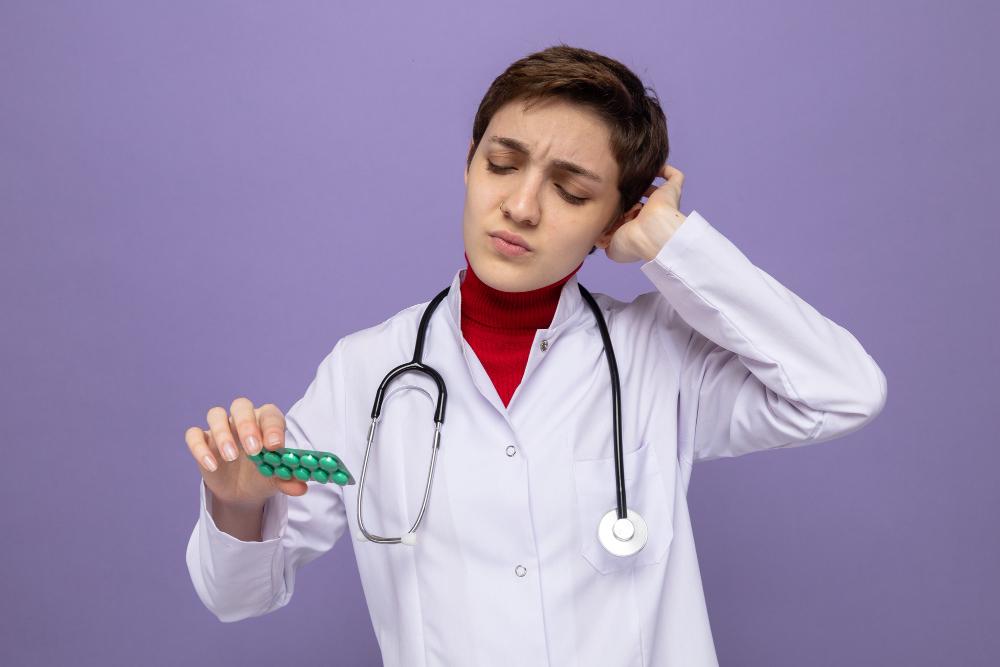Who Should and Should Not Take Ivermectin 9mg?

Ivermectin 9mg is a widely used antiparasitic medication prescribed for treating several parasitic infections in humans. It works by targeting the nervous system of parasites, ultimately paralyzing and killing them. While it has proven effective for conditions like intestinal strongyloidiasis, onchocerciasis (river blindness), and certain other parasitic infections, not everyone is an ideal candidate for this medicine. Understanding who should and should not take this medicine is important to ensure safe and effective treatment.
In this article, we’ll break down the groups of people who may benefit from Ivermectin 9mg, and those who should exercise caution or avoid it altogether.
Who Should Take Ivermectin 9mg?
1. Patients with Parasitic Infections
Ivermectin 9mg is primarily recommended for individuals diagnosed with parasitic infections such as:
-
Strongyloidiasis – a roundworm infection of the intestines.
-
Onchocerciasis (river blindness) – caused by a parasitic worm transmitted by blackflies.
-
Scabies and Head Lice (off-label use in some cases) – when standard topical treatments fail.
-
Filariasis and other worm infections – depending on the doctor’s recommendation.
For these patients, it provides an effective treatment option, often in a single or short course of doses.
2. Adults with a Confirmed Diagnosis
The 9mg dosage is suitable for adults when prescribed by a healthcare provider. The exact dose depends on body weight, severity of infection, and medical history. Patients should follow medical instructions carefully, as misuse can reduce effectiveness or cause side effects.
3. People in Areas with High Risk of Parasitic Diseases
In certain regions where parasitic diseases are widespread, Ivermectin is sometimes recommended for mass drug administration programs to control outbreaks. In such settings, individuals may be advised to take Ivermectin 9mg under supervised medical guidance.
Who Should NOT Take Ivermectin 9mg?
While Ivermectin 9mg is effective, it is not suitable for everyone. Some groups are at higher risk of complications and must avoid or use it only with extreme caution.
1. Children Under 15 kg (33 lbs)
Ivermectin should not be given to children who weigh less than 15 kg. Their developing bodies are more sensitive to the drug, and safety has not been well established for this group.
2. Pregnant Women
The safety of Ivermectin during pregnancy has not been fully confirmed. Since it can potentially affect fetal development, most doctors recommend avoiding it unless the benefits clearly outweigh the risks. Pregnant women should always consult a doctor before taking any antiparasitic medication.
3. Breastfeeding Mothers
Ivermectin may pass into breast milk in small amounts. While the risks are not fully understood, it’s generally advised that nursing mothers avoid Ivermectin unless specifically approved by their doctor.
4. Individuals with Liver Problems
Since Ivermectin is processed in the liver, patients with liver disease or impaired liver function should not take it without strict medical supervision. Reduced liver function may increase the chances of side effects or toxicity.
5. Patients with Neurological Conditions
People with existing neurological disorders (such as meningitis, seizures, or brain inflammation) may face higher risks of side effects when taking Ivermectin. The drug can cross into the nervous system in rare cases, which could worsen these conditions.
6. Those Taking Interacting Medications
Ivermectin can interact with other drugs, including:
-
Certain antibiotics (e.g., clarithromycin, erythromycin)
-
Blood thinners like warfarin
-
Medications for HIV or tuberculosis
-
Other antiparasitic drugs
Such interactions can either reduce effectiveness or increase the risk of adverse reactions. Always inform your doctor of all medications and supplements you are taking before starting Ivermectin.
Possible Side Effects to Watch For
Even in individuals who are eligible for treatment, Ivermectin 9mg can sometimes cause side effects. Most are mild and temporary, including:
-
Dizziness
-
Nausea
-
Diarrhea
-
Fatigue
-
Mild skin rashes
Rare but serious side effects may include low blood pressure, confusion, or allergic reactions. If severe reactions occur, seek medical help immediately.
Safe Use of Ivermectin 9mg
To maximize safety and effectiveness:
-
Take it only under medical supervision – never self-medicate.
-
Follow dosage instructions carefully – do not increase or skip doses.
-
Avoid alcohol – it can increase liver strain and side effects.
-
Attend follow-up checkups – your doctor may need to monitor your progress and side effects.
Conclusion
It is a reliable and effective treatment for many parasitic infections when used responsibly. Those who should take it include adults with confirmed parasitic infections and patients in high-risk areas, under medical guidance. On the other hand, children under 15 kg, pregnant or breastfeeding women, people with liver or neurological conditions, and those on interacting medications should avoid it unless specifically prescribed by a healthcare professional.
By understanding who should and should not take Ivermectin 9mg, patients can use this medicine more safely and effectively, reducing risks while ensuring proper treatment outcomes.






